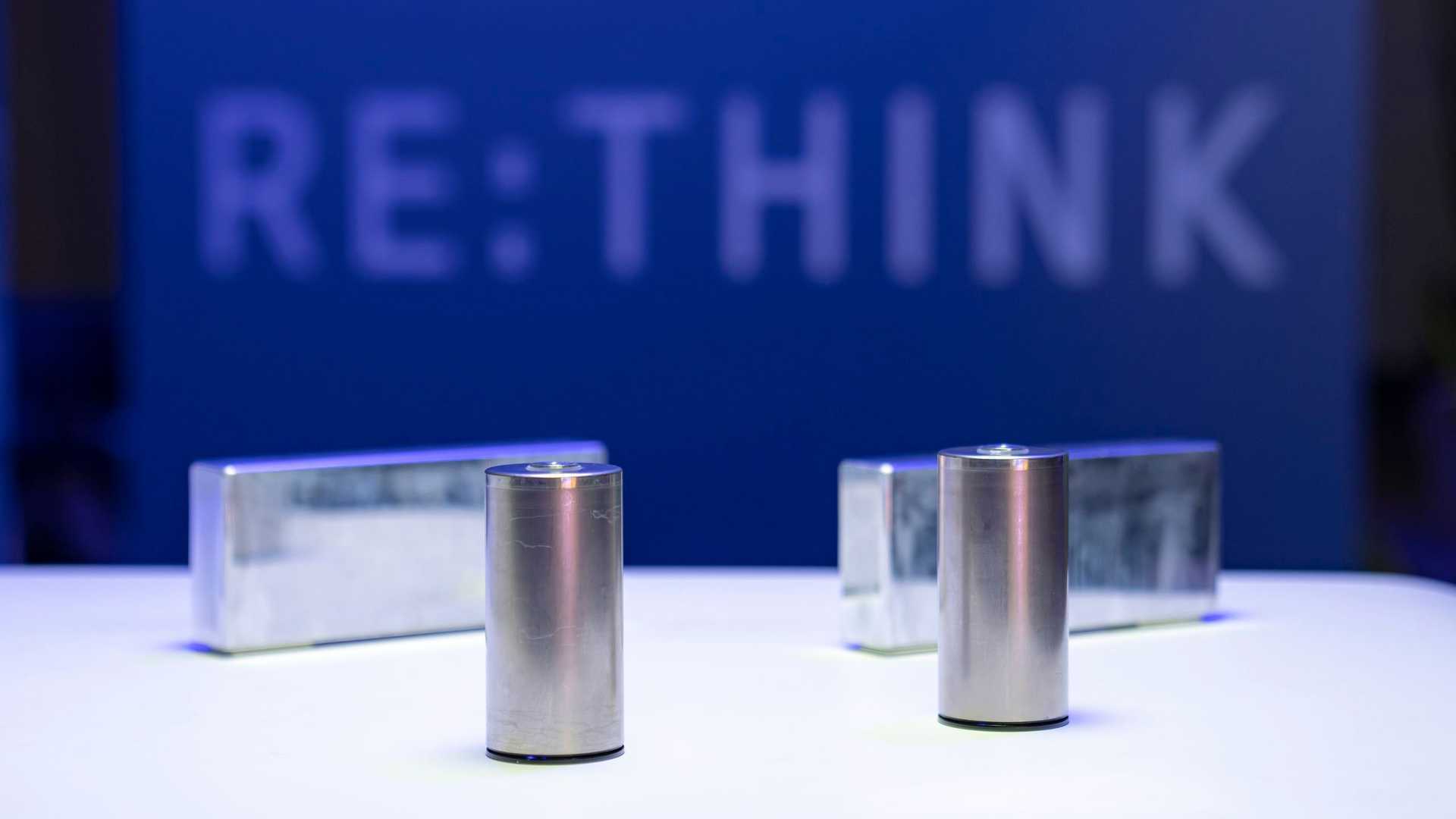
"Tesla needs to close the gap with us. In fact, we don't see a gap to Tesla." This is how BMW Group’s production boss, Milan Nedeljkovic, replied to a question from Automotive News Europe about how the German company would close the gap with rivals, including what is possibly the most talked-about name in the EV industry, Tesla.
Nedeljkovic’s statement shows just how confident the German automaker is in its new cylindrical-type battery cells, the first samples of which started rolling off the production line at the company’s cell manufacturing complex that’s located about 12 miles east of Munich, Germany.
For a bit of context, the entire BMW Group, which includes BMW- and Mini-branded models, sold fewer than 100,000 EVs in the third quarter, while Tesla delivered 435,000 battery-powered cars in the same period. However, there is a silver lining in the growth that each of these companies saw in the last three months, with BMW Group selling nearly 80 percent more EVs compared to the same period last year, while Tesla increased its global deliveries by 27 percent.
Gallery: BMW Round Battery Cells






Compared to the previous generation of prismatic lithium-ion battery cells, BMW’s Gen 6 cylindrical cells have the potential to cut manufacturing costs in half, all while offering up to 30 percent more range on a similarly sized pack thanks to a higher energy density, resulting in roughly 500 miles of travel on a full charge. DC fast charging will also be possible at 270 kW.
The German automaker’s round cells have a 46-millimeter diameter and will come in two height variants of 95 mm and 120 mm, making them a bit bigger than Tesla’s own 4680-type cells that are 46 mm in diameter and 80 mm tall.
"What we have here is a battery design that suits our products, and our idea of how driving performance is fulfilled in our cars,” Nedeljkovic said during a media event held last week at the automaker’s cell manufacturing complex.
With all this being said, however, BMW’s new cells aren’t quite ready for prime time yet. For now, sample units are being manufactured at the company’s own facility, with delivery-intent cells slated to be made at up to six battery gigafactories around the world by BMW’s suppliers CATL and Eve Energy starting in 2025. That’s when the first series-production EVs based on the Neue Klasse architecture are set to debut.
This way, BMW reckons it will avoid the “high volatility” of large-scale battery cell production. Instead, it wants to focus on perfecting the cells in its in-house facilities and then give the recipe and manufacturing process to its suppliers, who will start building cells in Europe, China, and North America.
“If you want to cook something really nice you need a good recipe, and the recipe determines the taste,” said Nedeljkovic. “We develop the recipe, namely the chemistry and physics of a cell. We change the content and test how each single cell ingredient will influence performance.”
Besides the classic lithium-ion format, BMW is already working on other chemistries for the Gen 6 cells, which has the potential to lower costs even further.







